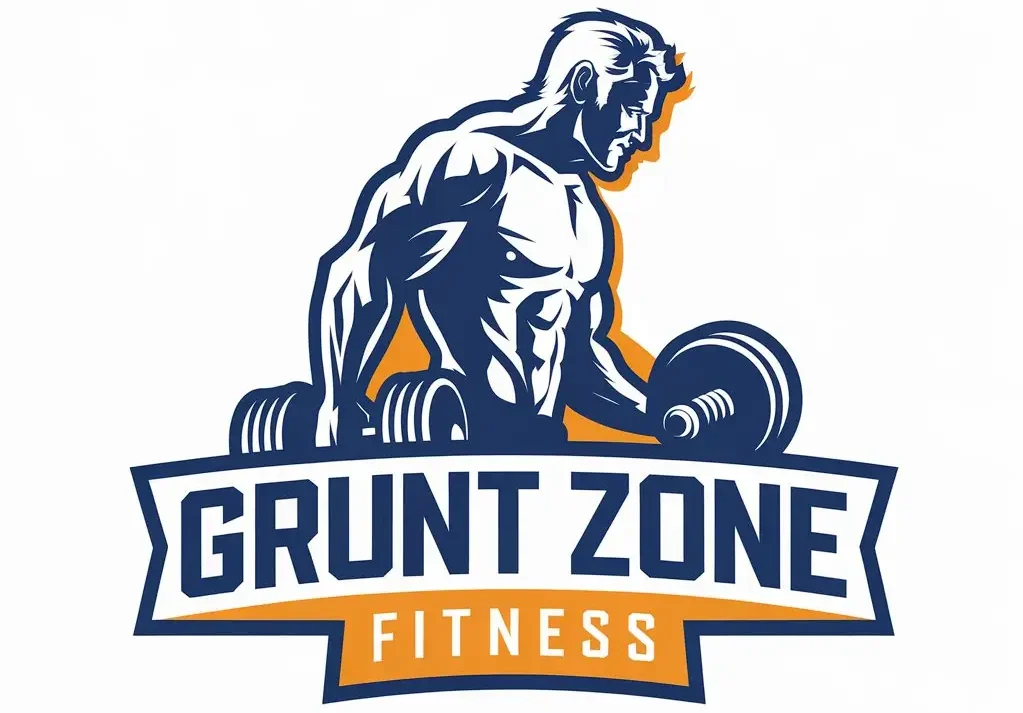
Understanding the importance of protein while bodybuilding is essential for anyone aiming to maximize muscle growth and recovery. In 2024, as training methods and nutrition science continue to evolve, protein remains the cornerstone of effective bodybuilding nutrition. Whether you’re a beginner or an intermediate athlete, knowing how protein supports muscle protein synthesis and overall progress can make the difference between plateauing and achieving your goals. This article explores why protein is crucial, how much you need, and how to optimize your intake for the best results this summer.
The Science Behind Protein and Muscle Growth
Muscle Protein Synthesis: The Foundation of Growth
Muscle protein synthesis is the process by which your body repairs and builds new muscle fibers after resistance training. According to a 2023 review in the Journal of the International Society of Sports Nutrition, adequate protein intake is directly linked to increased rates of muscle protein synthesis, which is vital for muscle hypertrophy. Without sufficient protein, your body cannot efficiently repair the microscopic tears that occur during intense workouts, leading to slower gains and increased risk of injury.
Why Protein Intake Matters More in 2024
With the rise of high-intensity training programs and more frequent workout schedules, the importance of protein while bodybuilding has never been greater. Many athletes are now training six days a week, making recovery nutrition a top priority. Dr. Brad Schoenfeld, a leading authority on muscle hypertrophy, emphasizes, “Consistent, adequate protein intake is non-negotiable for anyone serious about muscle growth.”
How Much Protein Do You Really Need?
Current Recommendations and Trends
For most bodybuilders, the recommended protein intake ranges from 1.6 to 2.2 grams per kilogram of body weight per day, according to the American College of Sports Medicine. Recent trends in 2024 suggest that some athletes are experimenting with slightly higher intakes, especially during cutting phases or intense training cycles. However, research consistently shows that exceeding 2.2 grams per kilogram offers minimal additional benefit for muscle protein synthesis.
- Beginners: Aim for 1.6-1.8g/kg daily to support adaptation and growth.
- Intermediate athletes: 1.8-2.2g/kg is optimal for maximizing muscle retention and repair.
- During calorie deficits: Slightly higher intakes (up to 2.4g/kg) may help preserve lean mass.
It’s important to distribute protein evenly across meals to maximize synthesis rates. A 2022 study found that consuming 20-40g of high-quality protein every 3-4 hours is most effective for stimulating muscle protein synthesis throughout the day.
Optimizing Protein Sources and Timing
Quality and Variety Matter
Not all protein sources are created equal. Complete proteins—those containing all essential amino acids—are most effective for muscle growth. Animal-based sources like chicken, fish, eggs, and dairy are highly bioavailable, but plant-based athletes can also meet their needs with careful planning. Combining legumes, grains, and soy products ensures a full amino acid profile.
Timing for Maximum Results
Recent evidence suggests that the so-called “anabolic window” is broader than once believed, but post-workout protein remains important. Consuming 20-30g of protein within two hours after training can enhance recovery and muscle protein synthesis. For those training in the morning or evening, spreading protein intake across 4-5 meals supports sustained growth and minimizes muscle breakdown.
“Protein timing is less about a magic window and more about total daily intake and consistent distribution,” notes Dr. Eric Helms, a respected sports nutrition researcher.
Common Questions and Practical Strategies
Addressing Reader Concerns
- Can you build muscle on a plant-based diet? Yes, as long as you consume enough total protein and combine complementary sources for a complete amino acid profile.
- Is more protein always better? No—excessive intake does not translate to greater muscle gains and may strain your kidneys over time.
- What if I miss a meal? Focus on hitting your daily total rather than stressing about individual meals. Consistency over time is key.
Actionable Tips for Summer 2024
- Plan meals ahead to ensure you meet your protein targets, especially during busy June training schedules.
- Incorporate a mix of animal and plant-based proteins for variety and nutrient diversity.
- Use a food tracking app to monitor intake and adjust as your training intensity changes.
Conclusion: Making Protein Work for Your Bodybuilding Goals
The importance of protein while bodybuilding cannot be overstated, especially as training methods advance and expectations rise in 2024. By understanding muscle protein synthesis, following evidence-based intake recommendations, and optimizing both the quality and timing of your protein, you’ll set yourself up for sustainable muscle growth and improved recovery. Remember, consistency and informed choices are your strongest allies on the path to building your best physique this summer. For more on effective nutrition strategies, explore our guides on meal planning, recovery nutrition and bodybuilding.


Leave a Reply